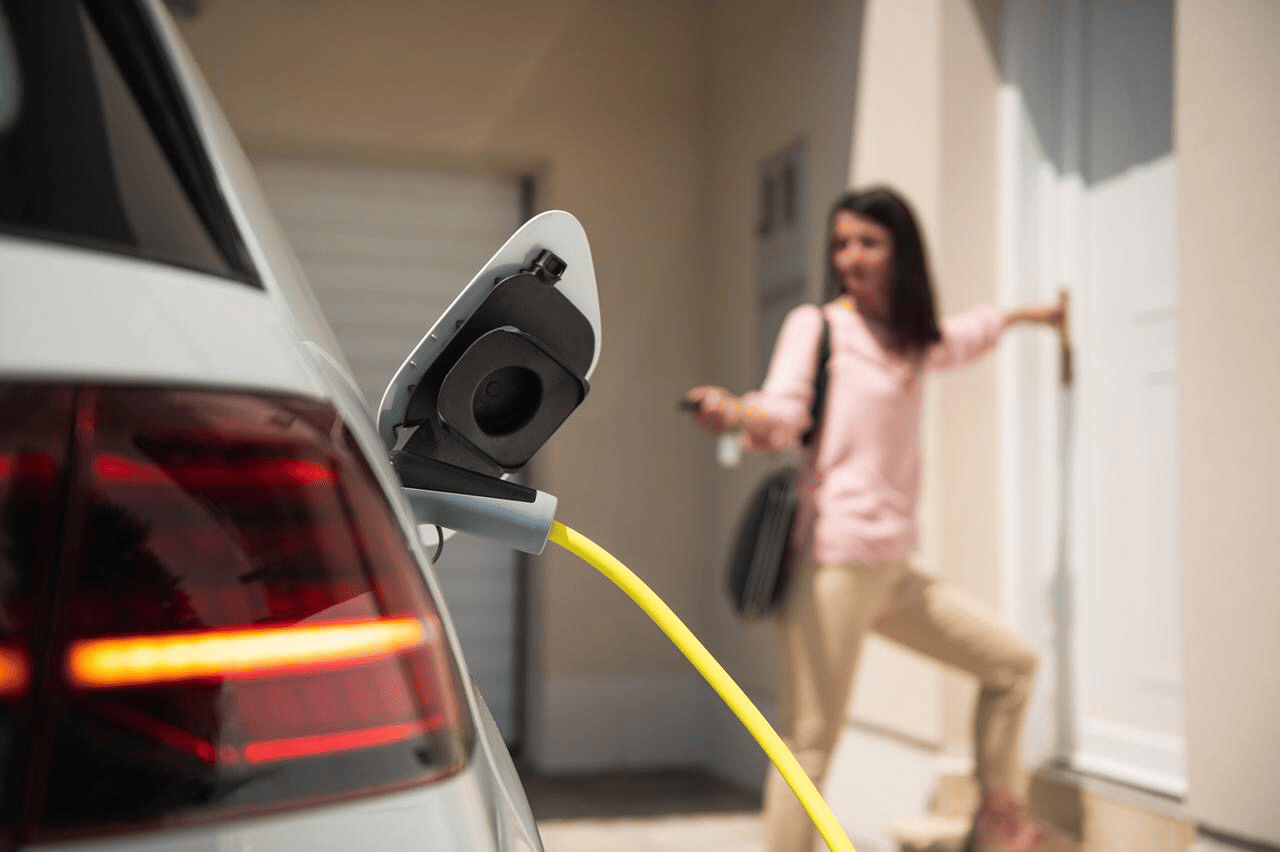Table of Contents
Today, the market for electric vehicles is on the rise. The sales of these cars have increased over the years. With that being said, installing a charging station at home can make electric car owners’ lives simpler and more convenient than ever. Having to charge your car at the comfort of your home is essential to ensure your vehicle’s all fueled up and ready to go.
For first-time electric car owners, an electric vehicle (EV) charging station is a piece of equipment connected to the EV to the charger, which is the source of electricity. Such charging stations are commonly seen in municipal parking areas and shopping centers. With added convenience, you can put your charging station at home.
Things you should know about electric vehicle charger install
As the market for electric vehicles is on the rise, here are some things you should know before installing one:
Understand how an EV charger works
Before having an electric vehicle charger installed in your home, you must understand how this advanced technology works. You must consult an expert because your home’s electrical system must be compatible with the charger itself. If you don’t seek help from a pro, the installation process can be a mess, and your charger and car will be compromised.
Also, ensure that your charger is fully certified and in compliance with wiring and national regulations. For better guidance, if you’re a first-time owner of an EV, asking help from experts, like Vine Electric, for residential installations will be of excellent choice.
Types of chargers
Charging your electric car is as simple as charging a mobile phone. However, not all EV chargers work the same. There’s simple equipment that you can plug into a wall outlet, but there’s also a custom-installed outlet for some.
Here are the three EV charger main categories:
- Level 1 Chargers: These EV charging stations use 120 V AC plugs, which can be plugged into any standard outlet. They don’t require any particular installation as you need to plug into a wall outlet, and you’re good to go. You don’t need to pay extra for added customization of their installation, that’s why most EV users prefer this type of charger.
- Level 2 Chargers: Unlike the level 1 EV charger, level 2 chargers use 240 volts of electricity, making charging your electric vehicle faster than with a level 1 charger. The fast-charging feature is the main benefit anyone can get from the level 2 EV charger. However, it does require a particular installation process because standard outlets only provide 120 voltage power.
- Level 3 Chargers: These charging stations are also known as DC fast chargers. They’re commonly used in industrial and commercial settings, and are the most expensive EV chargers. They require powerful and specialized equipment to operate.
Keep in mind that when choosing an EV charger, consider the electric car you have and how often you use it. That’ll help you decide the right equipment to install in your home.
Installation costs
The installation cost of an electric vehicle charger at home will vary depending on the type of equipment you’ll get. Here are the kinds of EV chargers, together with their installation costs:
- Level 1 Charging Station: This charger already comes free when you purchase an electric car. There’ll come a time you’ll need a replacement, which can cost you USD$300. Level 1 chargers don’t need to be installed because you can plug them into a 120-volt wall outlet.
- Level 2 Charging Station: On average, level 2 charging stations cost around USD$300 to USD$1,200. If you want to charge your electric car faster, invest in a level 2 charger because they charge your batteries quicker. Basic level 2 charging stations can complete a battery charge six times faster than a level 1 charger.
- Level 3 Charging Station: The prices range from USD$12,000 to USD$35,000, which can be too much to be used in a residential area. The level 3 charging station is recommended for industrial use only as it requires a significant amount of money to purchase, install, and operate.
Final thoughts
The number of electric vehicle owners keeps growing every year, and these new owners may need to learn a few things about charging their cars. Having access to your EV charger can be a life-changing moment. You don’t need to visit a particular location just to plug in your vehicle. Just bear in mind these three things before having a home EV charging station installed in your residence.
Before doing anything else, make sure you know how the charger works. Selecting the best car charger type will also make a huge difference in your daily life. And, investing in the installation costs can make a huge impact. It may be much for some, but the long-term benefits will make you say your investment in the particular charger is worth it.




